What Are You Not Good At?
This post was originally published in the Harvard Business Review.
Not that it’s news to me, but it has come to my attention twice in the past two weeks that I’m a terrible speller. A reader comment on this very blog pointed out that I used the word “conscious” when I meant to say “conscience.” He added a “sigh” and a “really?” as if to say “shouldn’t you know better?” — and of course I should. Only the week before I had received an email from another perturbed fan about a misspelling on my own website’s homepage. Again, not my finest hour.
There are few people who welcomed the invention of automatic spell-check with more glee than I. I work very hard to check and re-check my spelling. But the fact remains, no matter how hard I try, how aware I am of my shortcoming in this area, I am a terrible speller.
Here’s what else I’m not good at: merger math, focusing on details, following through on things that don’t excite or interest me, paying bills on time and negotiating. So I quit banking and started my own communication-training firm (because I’m a great talker and I never wanted to look at an accretion/dilution analysis again). I hired a virtual assistant to manage the details of my calendar, travel and administrative life. And I’ve outsourced to my husband all bills, legal matters, licensing issues, negotiating contracts and more (he’s a keeper).
When we’re asked the question in the interview “What are your weaknesses” we prepare an answer to show that we’re slightly flawed yet still 99% fabulous. The question is a mockery of a travesty of a sham. But in real life, it’s a hugely important one to ask of yourself and to answer truthfully — what aren’t you good at?
If you’re not good at doing what you make your living doing, then you probably need to consider a career change. It is horribly stressful to do something you know you’re not good at. Investment banking left me with a pit in my stomach every day. I knew I had untapped potential, but I always felt as if I was floundering. That sense of inner dread is one of the worst ways to spend your days.
If you’re good at some aspects of your job and not at others, then you need to recognize those weaknesses before others do and then figure out a strategy to compensate. You have three choices of how to handle your weaknesses:
Take it on the chin: Concede that you must master your areas of weakness to fully do your job well — you’re going to have to [suck it up and] learn accounting; study the art of the successful sales pitch or train yourself to speak up in meetings if that’s how to get promoted in your organization. Find mentors, work harder or stay later. Ask for stretch assignments or take a class. Take charge of your learning to get to where you need to be to succeed. Don’t lie to yourself or sugarcoat the truth; this isn’t an interview, it’s your livelihood. You should be great at what you do.
Outsource or delegate (lucky you!). If you don’t have to personally master the things you’re not good at, then do as Marcus Buckingham suggests and play to your strengths. That’s one of the great benefits of being an entrepreneur — I decide what I do personally and what I hire others to do for me. If you know you can succeed without learning how to sell, write a business plan or stage a press event, then by all means, run with it. Delegate what you can and focus your time and energies on the tasks and projects that thrill and excite you, and that you can kick ass in.
Find a new job: If, however, the idea of mastering the skills you need to succeed in your current job nauseates you, then perhaps you’re in the wrong business. If you can’t envision getting to where you want to be by relying on your natural talents or leveraging your ability to learn, then it’s time to consider an exit strategy. Life is too short to just get by. Think about what you do well and what industries or roles you might excel in. Then start to plant the seeds with friends and colleagues of plotting your next move toward greener pastures.
At the end of the day, self-awareness is our best friend. If we listen to our gut, trust our instincts, and do the hard work, we can all realize our full potential.

